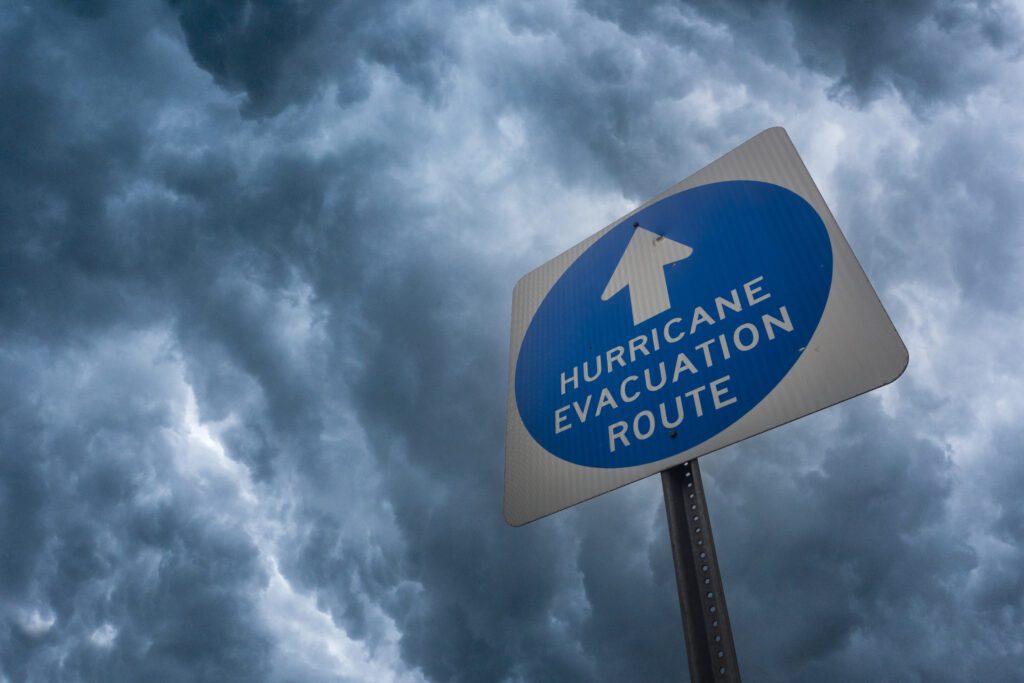by DR. JOY JACKSON
As Florida residents, one of the first things we learn is how to be prepared for hurricane season. We learn how to minimize damage to our homes, to our vehicles, and to our persons. However, in the preparation for a hurricane, we often neglect an important aspect of our lives: our mental health.
Feelings of emotional distress, stress, and anxiety are common reactions before, during, and after a hurricane. Other symptoms of emotional distress regarding hurricanes include, difficulty sleeping, inability to stop thinking about hurricanes, and changes in appetite. Research also shows that repeated exposure to hurricanes can negatively impact mental health. So, as important as it is to prepare for the physical ramifications of a hurricane, it’s also important to be ready emotionally. The Department of Health in Polk County wants to provide a few tips to manage your mental health before, during, and after a hurricane.
One of the biggest stressors during a hurricane is being caught unawares and being unprepared for what you and your family need to do to stay safe. Being prepared can alleviate your anxiety and stress quite a bit. So, make a hurricane plan for yourself and your family. Discuss emergency meeting points and write down emergency numbers. Know the nearest shelter and evacuation routes. Finally, practice the plan with your family, before a storm is on the horizon.
Before a hurricane hits, be prepared with where and how you’ll access real-time information about the hurricane. In order to avoid being overwhelmed, limit where you get your information to a few reliable sources such as local government agencies and the National Weather Service. Limit your exposure to news sources that help you decide your risk and tell you what actions you need to take for safety. Take a break from reading news stories if you feel stressed out.
Taking mental health breaks will help when feeling overwhelmed by stress and anxiety over impending hurricanes. One immediate way to reduce stress is via deep breathing. Inhale through the nose for 4 seconds, hold your breath for 7 seconds, and breath out through your mouth for 8 seconds.
An underrated aspect of good mental health is physical health. A healthy lifestyle, which includes a nutritious diet, exercise, and plenty of sleep, is recommended to help sustain the stressors that come with dealing with major disasters, including hurricanes.
Connect with others. No man is an island, as the saying goes. Don’t forget to lean on your friends and family for emotional support if you’re feeling anxious and stressed about a hurricane.
If your emotional distress over hurricanes continues to affect your daily life, don’t be afraid to seek help. The Disaster Distress Helpline was established to provide year-round counseling to those in emotional distress related to a disaster. You can call or text 1-800-985-5990 to speak to trained crisis counselors all over the United States. Anyone who’s experienced emotional distress due to a disaster is welcome to call the helpline. Those include survivors of a disaster, caregivers, loved ones of victims, and relief workers. You can call for yourself or for someone else. If you’re looking for local mental health resources, you can visit Hope For Healing Florida, a collaborative effort involving multiple state agencies, where you can search your area for mental health providers.
Ultimately, prioritizing our mental well-being can be what helps us weather any storm.
About the Author: Dr. Joy Jackson, an internal medicine physician, serves the community as director of the Florida Department of Health in Polk County (DOH-Polk). For more information about DOH-Polk, visit mypolkhealth.org. Follow DOH-Polk on Twitter at twitter.com/FLHealthPolk.
